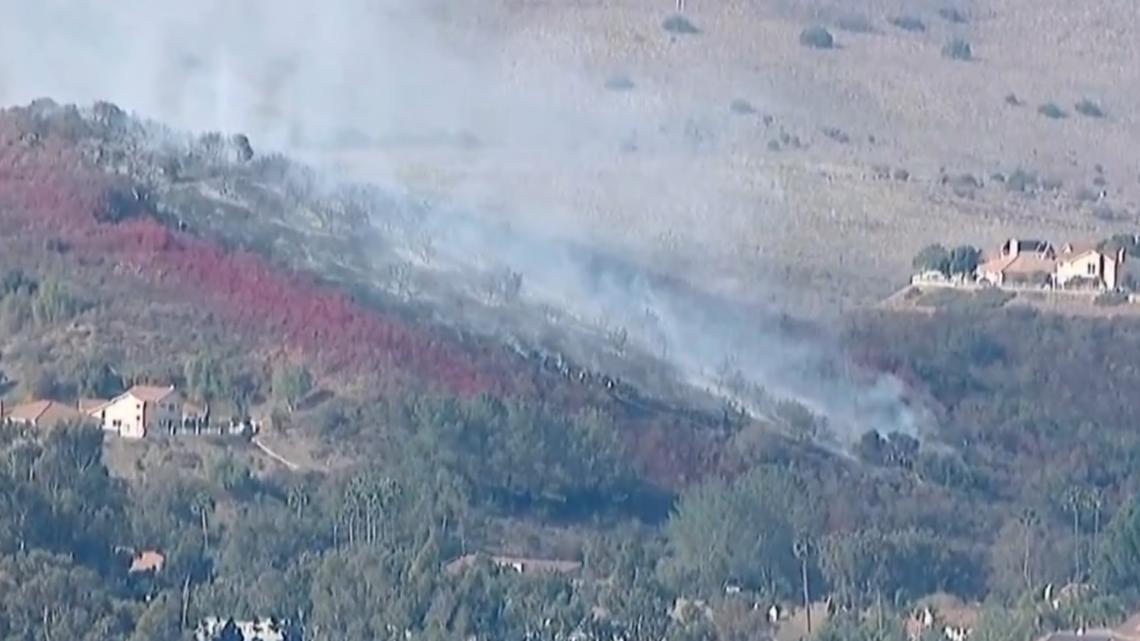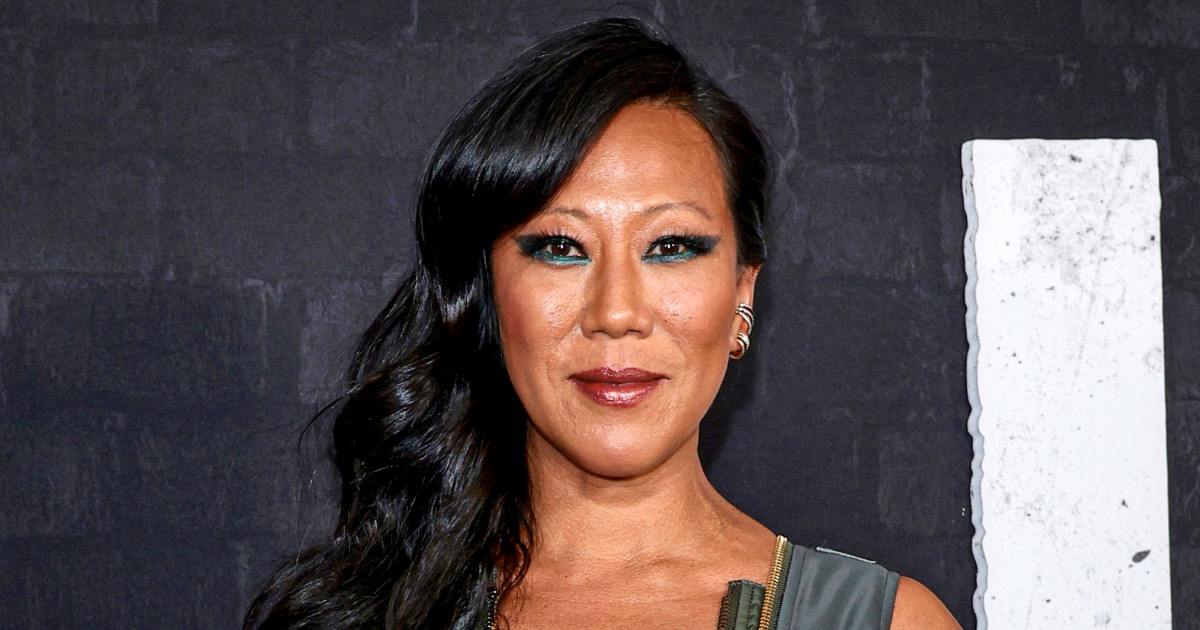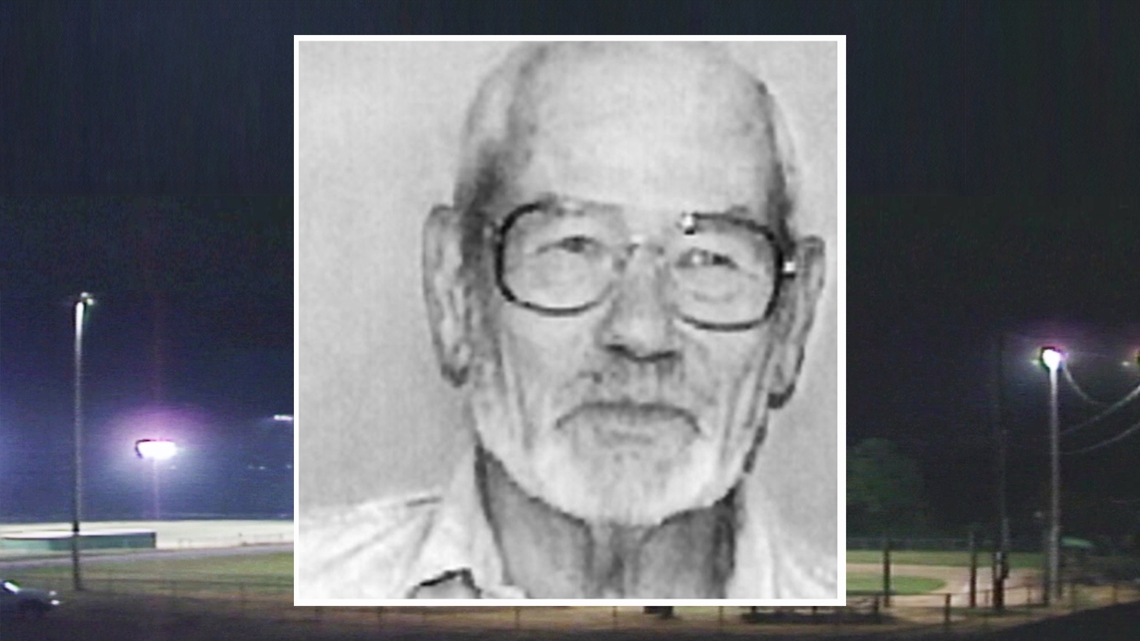This picture shows projectiles above Jerusalem on Tuesday. Iran said it launched a missile attack at Israel in response to the killing of Hezbollah chief Hassan Nasrallah and other militant leaders last week.
Menahem Kahana/AFP via Getty Images
hide caption
toggle caption
Menahem Kahana/AFP via Getty Images
Iran unleashed a major airstrike targeting sites across Israel on Tuesday night, while Israel’s air defenses shot down most of the 180 incoming missiles, according to Israeli officials.
The Iranian attack marked another significant escalation in fighting that now stretches into several countries in the region, with warnings that more fighting is likely.
Air raid sirens wailed, explosions lit up the nighttime sky, and loud booms echoed throughout the country as Israeli defenses fired on the Iranian missiles. There was no definitive word on casualties or damage. The Israeli military spokesman, Rear Adm. Daniel Hagari, said most Iranian missiles were intercepted, though a small number crashed into central and southern Israel.
The Iranian strikes come in the wake of an escalating Israeli operation against the militant group Hezbollah in Lebanon, including a ground campaign launched Monday. Israel is attempting to greatly weaken the group, which has been trained and armed by Iran for four decades.
Iran claimed the missile attack was in response to several recent killings. They included the assassination of Hezbollah’s leader, Hassan Nasrallah, killed last Friday in an airstrike in Beirut; the death of Hamas leader Ismail Haniyah, killed in Tehran in July; and the earlier death of an Iranian military commander.
Iran’s mission at the United Nations said in a statement on X that Iran carried out a “legal, rational, and legitimate response to the terrorist acts of the Zionist regime.” The statement added that “should the Zionist regime dare to respond or commit further acts of malevolence, a subsequent and crushing response will ensue.”
Israel’s government warned the public an attack was coming, and civilians took to bomb shelters nationwide before and during the strike. A short while later, Israelis received another official notice saying they could come out of the shelters. Meanwhile, Jerusalem and Tel Aviv have been put under tight restrictions including new limits on gatherings in any urban centers.
In Washington, President Biden and Vice President Kamala Harris monitored the attack from the White House Situation Room and were receiving regular updates from their national security team, the White House said.
Iran’s strike linked to regional conflict
Hezbollah began firing rockets into northern Israel last Oct. 8 — one day after Hamas launched a major attack into southern Israel. Hezbollah describes its effort as an act of solidarity with the Palestinians.
Over the past year, Israel and Hezbollah have been firing almost every day across the Israel-Lebanon border. But the shooting remained at a relatively low level until Israel unleashed a much larger campaign two weeks ago.
Since then, Israeli airstrikes across Lebanon have killed more than 1,000 people and forced many Lebanese civilians to flee their homes, according to Lebanon’s Health Ministry. The strikes have targeted Hezbollah and its weapons, killing Nasrallah and several other top officials, as well as many civilians.
Back in April, an Israeli strike killed several leaders of Iran’s Revolutionary Guard Corps in Damascus, Syria.
Iran responded by attacking Israel with more than 300 drones and missiles, but nearly all were intercepted by Israel and its allies, including the United States. A few missiles did cause some damage. A 7-year-old girl was severely injured and a military base in southern Israel suffered minor damage, according to Israeli officials.
Hadeel Al-Shalchi reported from Tel Aviv. Greg Myre reported from Washington, D.C.



















